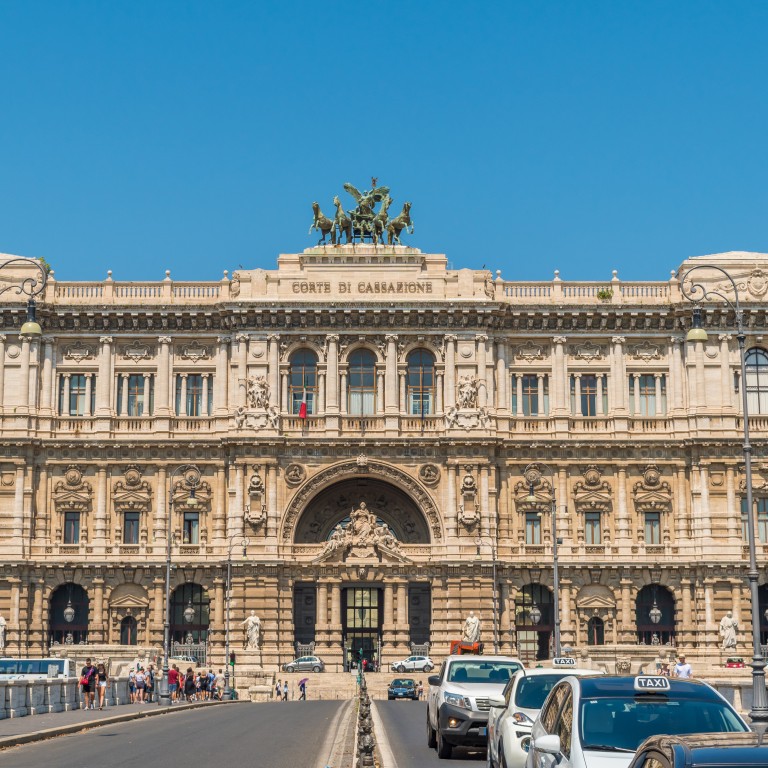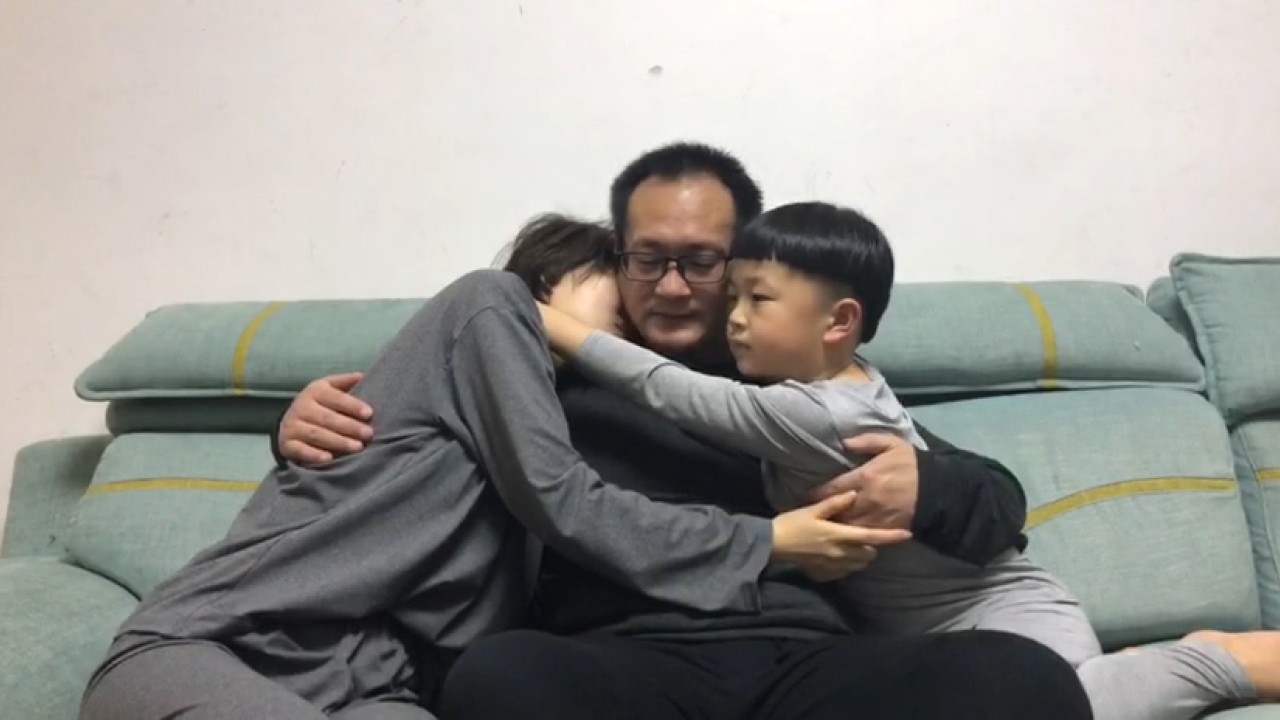
Italian supreme court blocks extradition to China after landmark human rights ruling
- The suspect, who was head of a peer-to-peer lending company, is accused of economic crimes
- The Italian case follows a ruling by the European Court of Human Rights that there is a ‘general system of violence’ in the Chinese prison system
Italy’s highest court has blocked China’s request to extradite a suspect accused of committing economic crimes, in the first such ruling since the European Court of Human Rights ruled there was a “general situation of violence” in the country’s prison system.
The Supreme Court overturned a regional Italian court’s decision to extradite the unnamed suspect, according to an email sent to their lawyers on Wednesday and seen by the South China Morning Post.
The decision comes as a blow to Beijing’s efforts to bring fugitives back to China, and follows a landmark ruling last October, when the European Court of Human Rights (ECHR) vetoed its attempts to extradite a man from Poland.
There has been no public release of the Italian court’s verdict, but the defendant’s lawyers invoked the ECHR’s ruling during the appeal, which some legal experts view as a test case in Europe that will frustrate China’s plans to extradite people through official channels.
October’s ruling found that deporting suspects to China would violate commitments made by signatories to the European Convention on Human Rights, particularly Article 3, which states that “no one shall be subjected to torture or to inhuman or degrading treatment or punishment”.
The Taiwanese suspect, Liu Hongtao, had appealed against a decision by the Polish courts to extradite him to mainland China to answer fraud charges on the grounds it would violate his right to a fair trial and he risked torture and ill-treatment.
NZ court allows murder suspect’s extradition to China in landmark ruling
The ECHR found that “the situation within the Chinese prison system could be equated to a ‘general situation of violence’, and Mr Liu could thus be exposed to a real risk of ill-treatment if extradited to China”.
This ruling became final on January 30 this year, and the Italian case is the first relevant one to be heard since then.
According to the notification sent to the Chinese national’s lawyers in Italy, the court “annulled the appealed judgment” and “revoked the precautionary measure in place, ordering the immediate release of the appellant”.
While Italy has an extradition treaty with China – one of 11 European Union member states to maintain such a pact – the court appears to have considered human rights concerns to be paramount to that.
Neither the court nor the Chinese embassy in Italy responded to requests for comment.
The defendant, who has not been named for fear of reprisals against remaining family members in China, was the chief executive of a peer-to-peer lending business.
The criminal investigation was opened against the suspect in 2019 after a complaint was made to authorities.
The suspect first settled in Hong Kong, before leaving during the political turmoil that led to the implementation of a National Security Law that saw Beijing take a more hands-on role in governing the city in 2020.
Following spells in Greece and Germany, they were arrested while passing through Italy last summer, detained on a red notice issued by Interpol on economic charges related to the lending business.
According to the rights group Safeguard Defenders, the defendant’s family had faced “extensive pressure” to persuade them to return before the arrest in Italy.
“Between June and December 2021, Chinese police detained their brother for six months. A father with a young son, none of his relatives was informed, making his detention an enforced disappearance and a practice denounced repeatedly by UN human rights bodies,” the group said in a press release.
Legal experts said that the ECHR ruling “constitutes a game-changer” for China’s efforts to extradite its citizens from Europe through official channels.
“It constitutes a game changer, not least in view of the very strong points made by the court relating to the ‘general situation of violence’ that would characterise the Chinese detention facilities and penitentiaries,” said Matthieu Burnay, an associate professor in Global Law at Queen Mary University of London.
Rights group appeals to UN over extradition ruling against Uygur dissident
“In that context, the court argued there is not even a need to identify specific risks faced by an individual, but that the general state of the Chinese criminal justice system is considered sufficient ground to deny the extradition,” Burnay said, adding that “these court decisions will definitely make it more difficult for China to use official channels of extradition”.
Eva Pils, a professor of law at King’s College London, said that the ECHR decision was a “blow” to China’s judicial ambitions.
“It’s a blow that one of the most widely respected human rights courts in the world finds that actually, we shouldn’t be sending these alleged fugitives back, whatever they have happened to have done,” Pils said.


